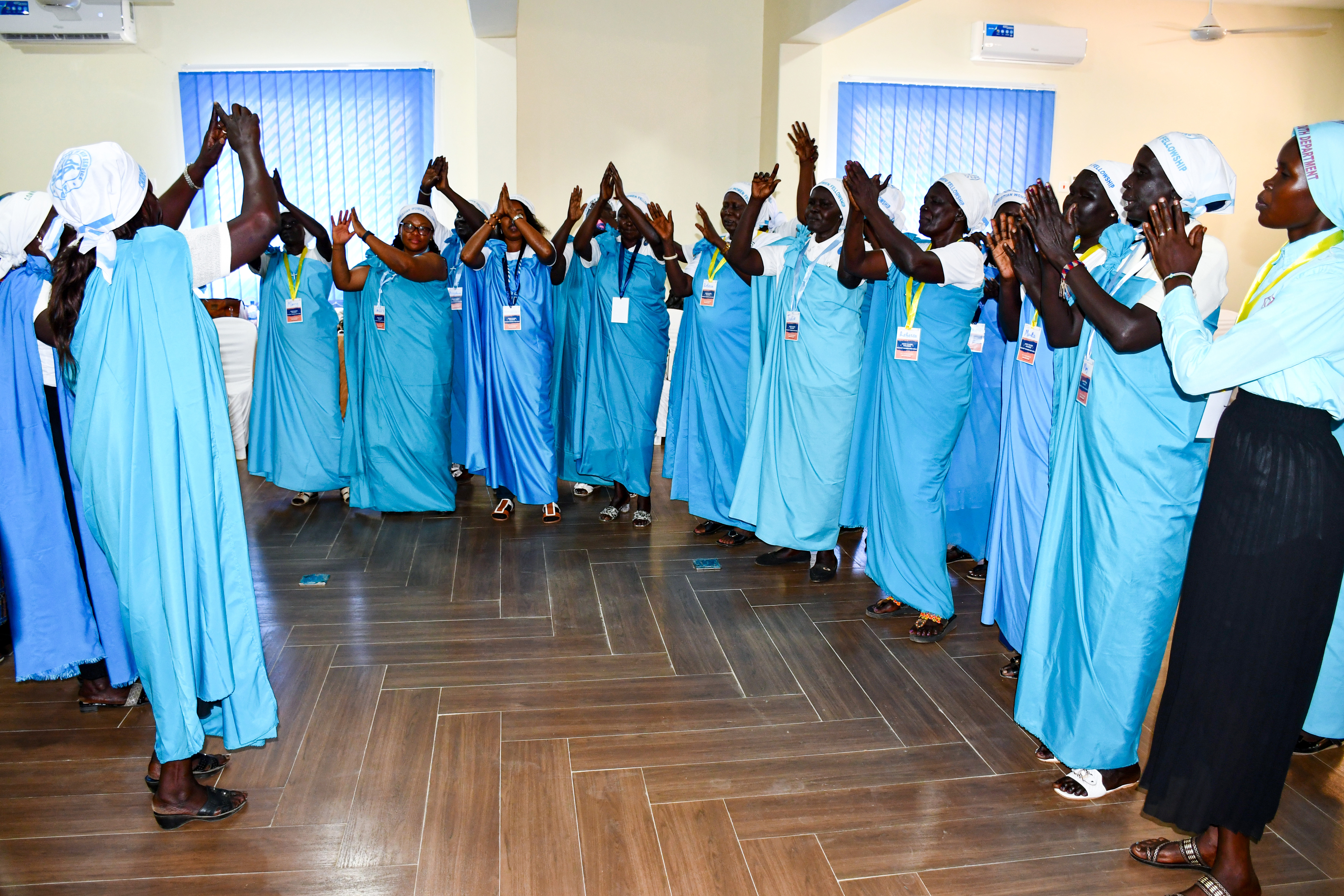
Empowered to End the Record High Cases of Gender-Based Violence Against Women and Girls in South Sudan
- By PROCMURA
- Events
- Hits: 1662
Did you know that statistics from the World Health Organization (WHO) indicate approximately 1 in 3 women globally — about 30% of the total women population in the world, have experienced physical or sexual violence in their lifetime? In Africa, for instance, the prevalence of Gender-Based Violence (GBV) is alarmingly high. The continent has one of the highest rates of gender-based violence in the world, with 31% of women reporting that they have suffered violence from intimate partners and others at some point in their lifetime.
These statistics get even more alarming in areas experiencing prolonged conflicts, displacement, and retrogressive cultural practices that provide an enabling environment for GBV to thrive, particularly those targeting women and girls, who are the most vulnerable groups in such environments.
Focusing on South Sudan, a country that has not known peace for years, the situation is particularly dire. A study by the United Nations Population Fund (UNFPA) indicates that 65% of women and girls in South Sudan have experienced some form of GBV, such as physical or sexual violence, intimate partner violence, child and forced marriage, and rape, with intimate partner violence being the most prevalent.
To address this growing concern and sad realities, The Programme for Christian-Muslin Relations in Africa (PROCMURA), in collaboration with Mission 21, kicked off an engaging media campaign and a three-day Women's Workshop in Juba, South Sudan, to climax this year’s 16 Days of Activism Against Gender-Based Violence campaign.
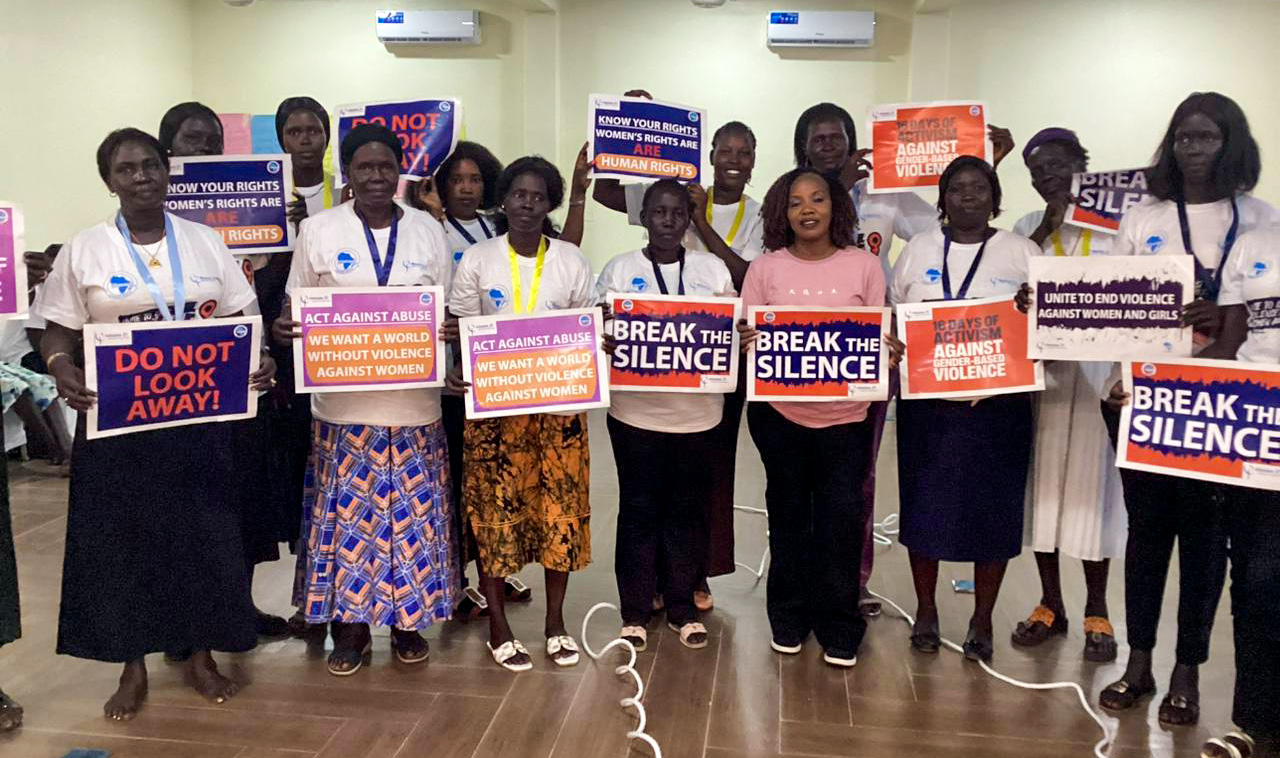
The workshop, themed "Unite to End Violence Against Women and Girls in South Sudan", brought together more than 50 Christian women the South Sudan Council of Churches (SSCC), the Presbyterian Church of South Sudan (PCOS) and other church denominations, focusing on raising awareness of the fight against GBV, educating them on identifying GBV practices and early warning signs, legal provisions against GBV in the country, and reporting mechanisms from the local levels to national government agencies. The workshop also examined the role of religion, especially the church, in addressing violence against women and girls in South Sudan.
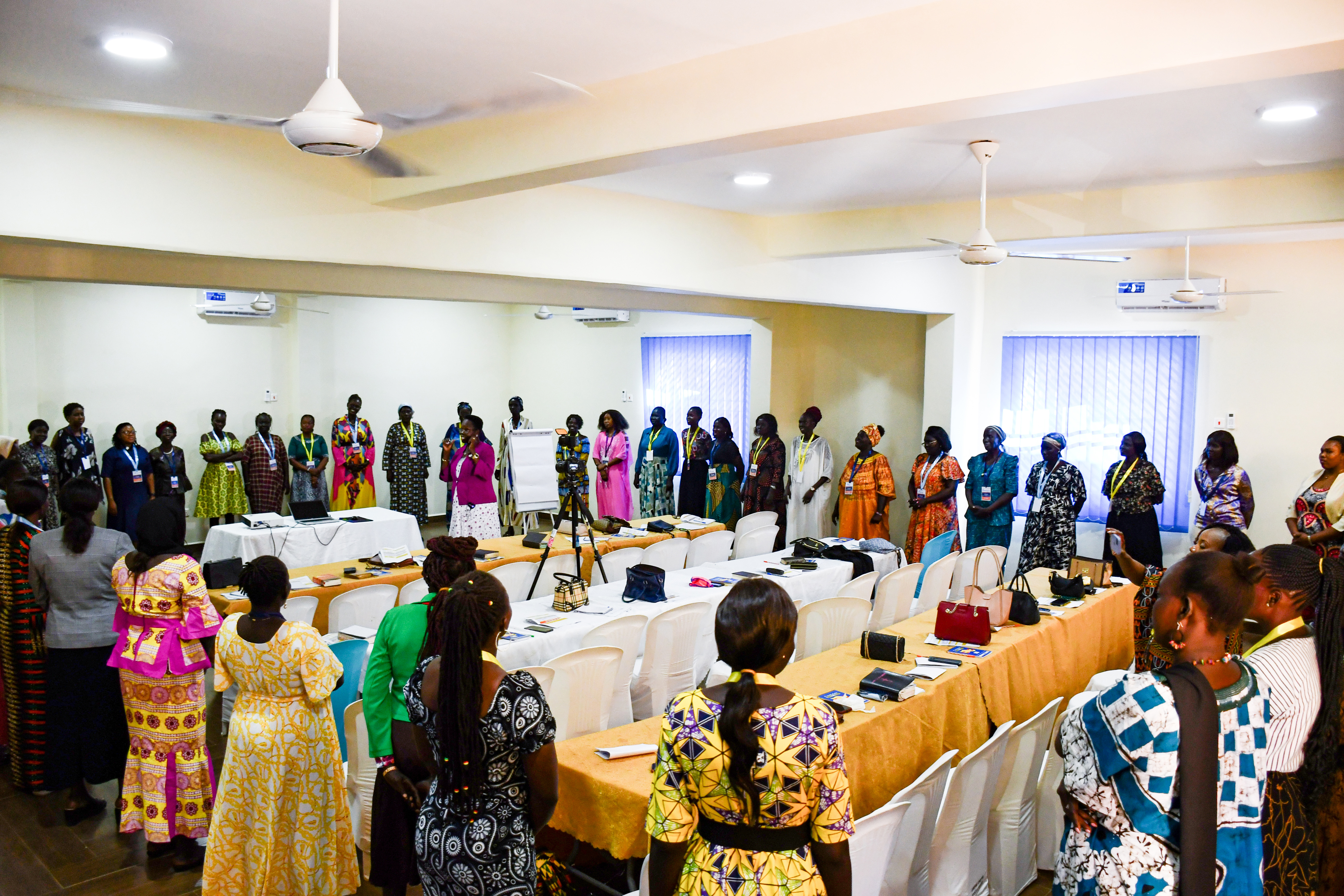
To the women, some of whom have experienced the gruelling realities of gender-based violence, the workshop provided a much-needed safe space to freely engage in interactive and informative discussions and share experiences on the above-mentioned thematic areas and how to stand against this violation of their basic human rights.
"It is great seeing these women open up and freely share their personal experiences including their encounters with gender-based violence. This workshop and the media campaign in South Sudan which is climaxing our campaign of the 16 Days of Activism Against Gender-Based Violence this year has left a very big impact in the lives of these women," - the Programme Officer of PROCMURA, Rev. Dr. Salli Effungani.
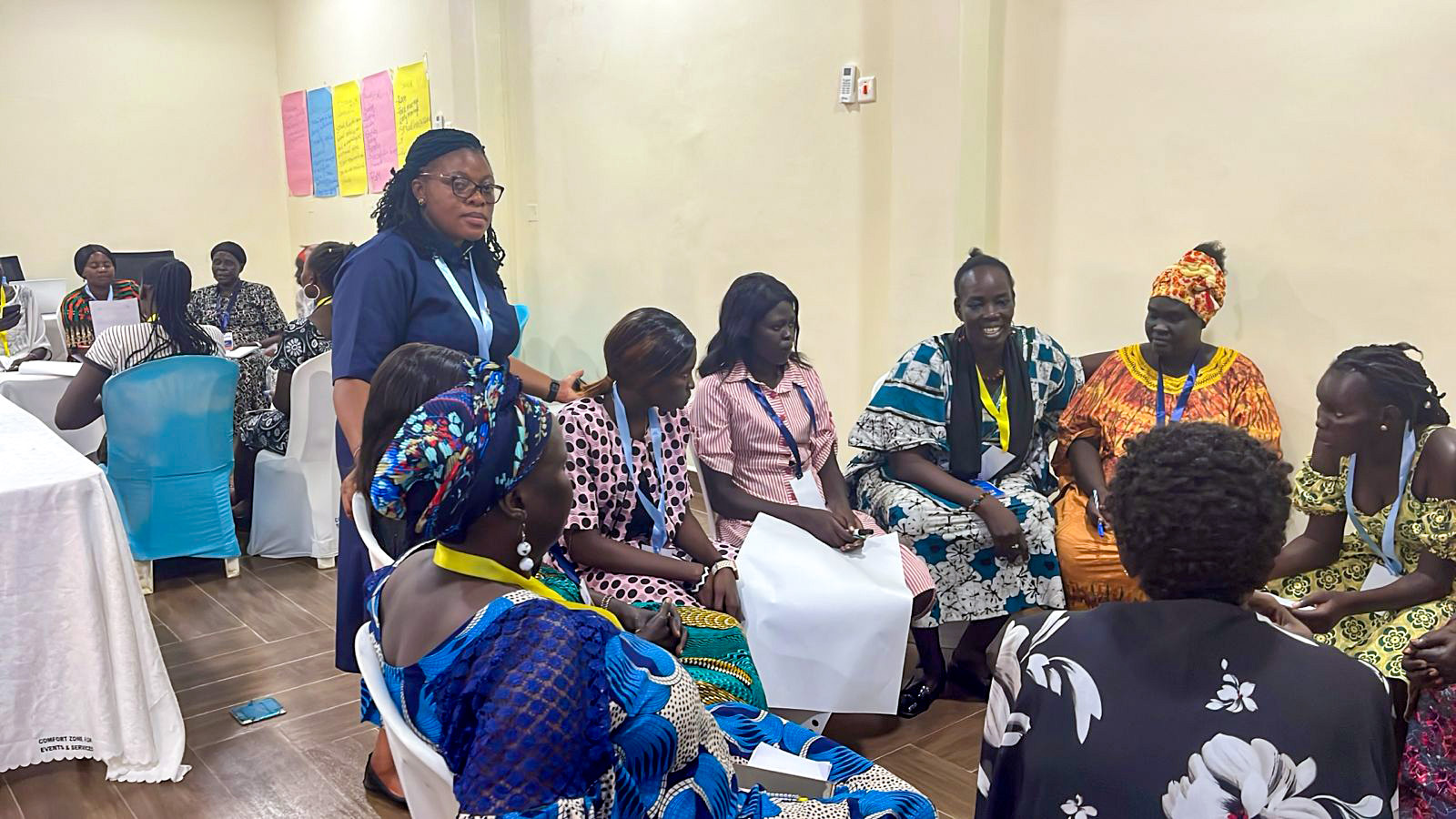
In one of the sessions that stood out in the workshop, the participants were facilitated to examine how gender roles, which in most cases are supported by both culture and religion, act as enablers of gender-based violence especially against women and girls.
"As women who participated in this PROCMURA workshop, we have been empowered to speak out against injustices that have, for years, been meted against women and girls in our country and protect the vulnerable in our communities," one participant pointed out during the workshop.
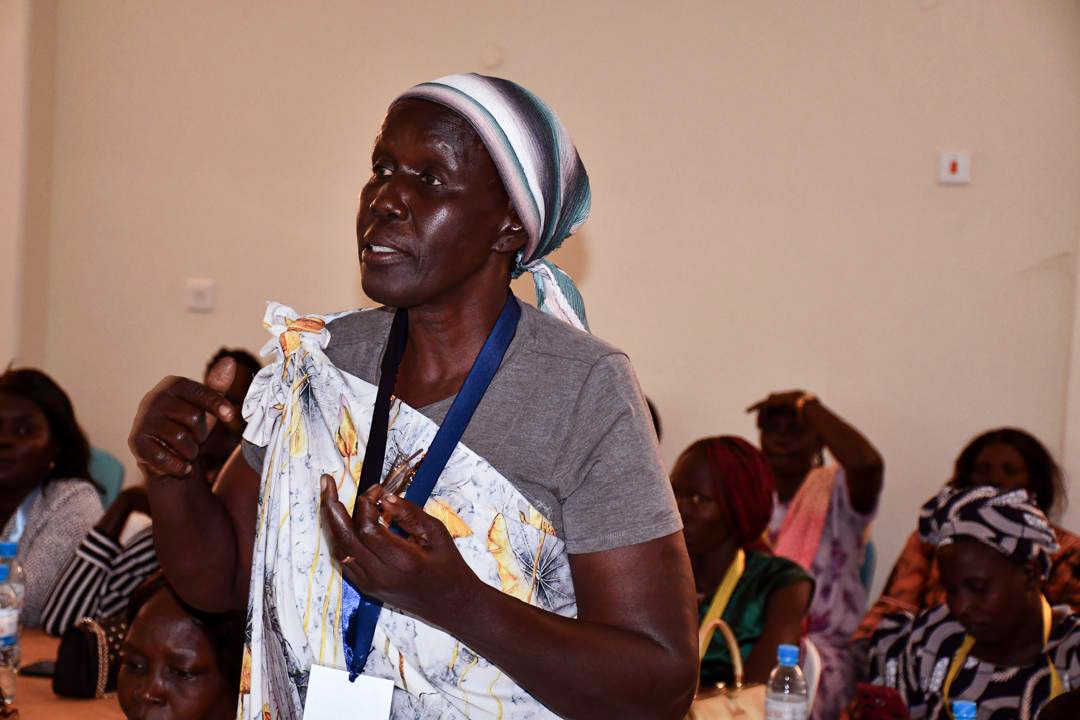
From the interactions with the women and experts, patriarchal and retrogressive cultural practices in South Sudan were identified as among the primary triggers of gender-based violence against women and girls. The practices have created unimaginable inequality between men and women. Poverty, high illiteracy levels, and costly dowry for marrying off women and girls, which is part of the cultural practices highly practised in South Sudan, were also cited as among the causes of the high cases of GBV in the country.
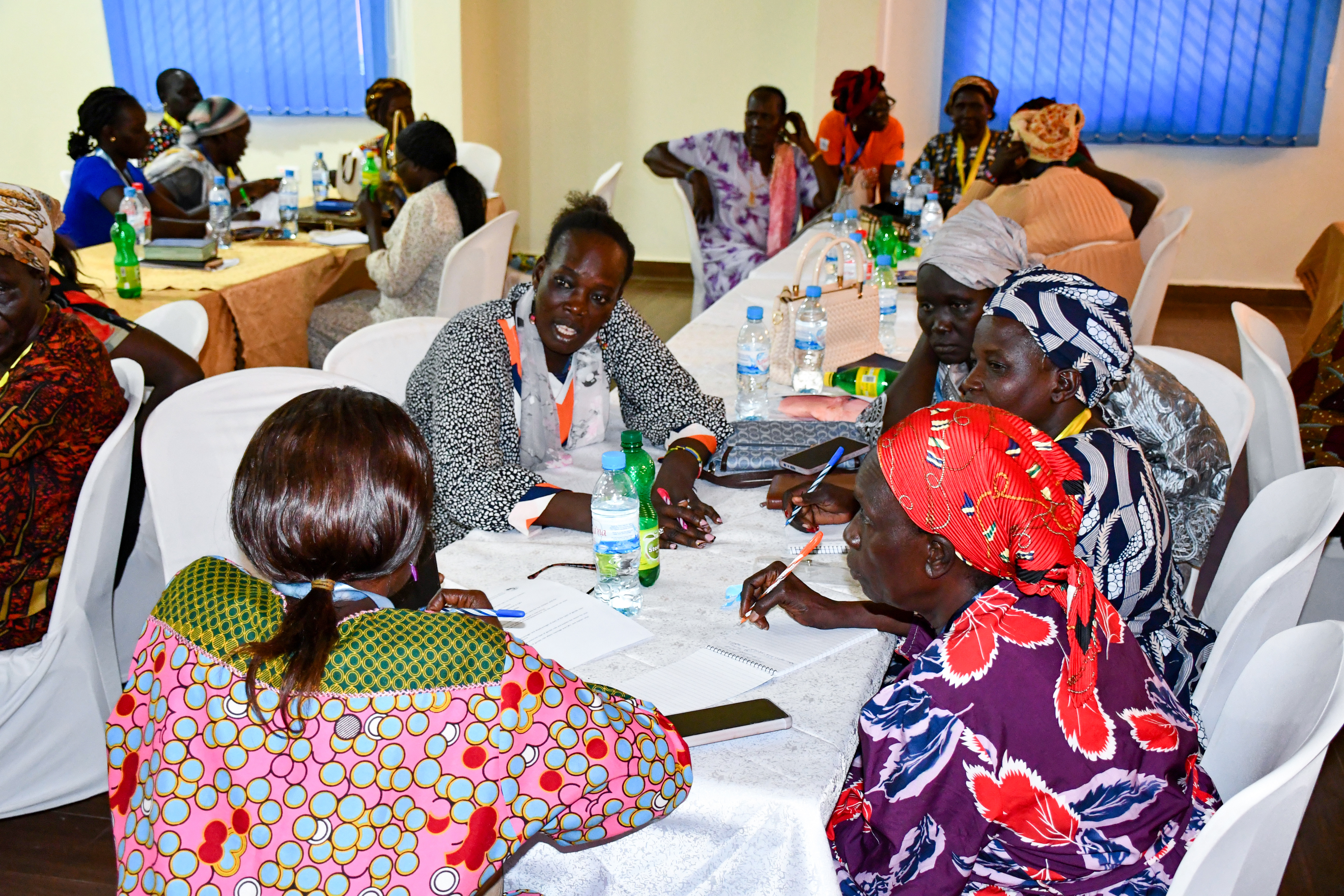
According to the Team Leader of PROCMURA, Ms Joy Wandabwa, who also facilitated sessions in the workshop and engaged the media, this initiative represents a significant step forward in the fight against GBV in South Sudan, empowering women to realise their potential in confronting violence and championing gender equity and equality within their communities. South Sudan ranks second in East Africa for gender-based violence prevalence.

Legal experts from the South Sudan Council of Churches engaged the participants in discussions on women's legal and human rights, the laws on GBV, and the role of the Church in preventing GBV in the country. The challenge, however, as identified during the discussions, was that some of these laws have remained on paper—the implementation has been met with many bottlenecks, leaving women and girls more exposed.

Apart from the interactive presentations, the women also engaged in contextualised and tailored team-building exercises that helped reinforce the messages and ease the environment, particularly given the heavy personal experiences shared.
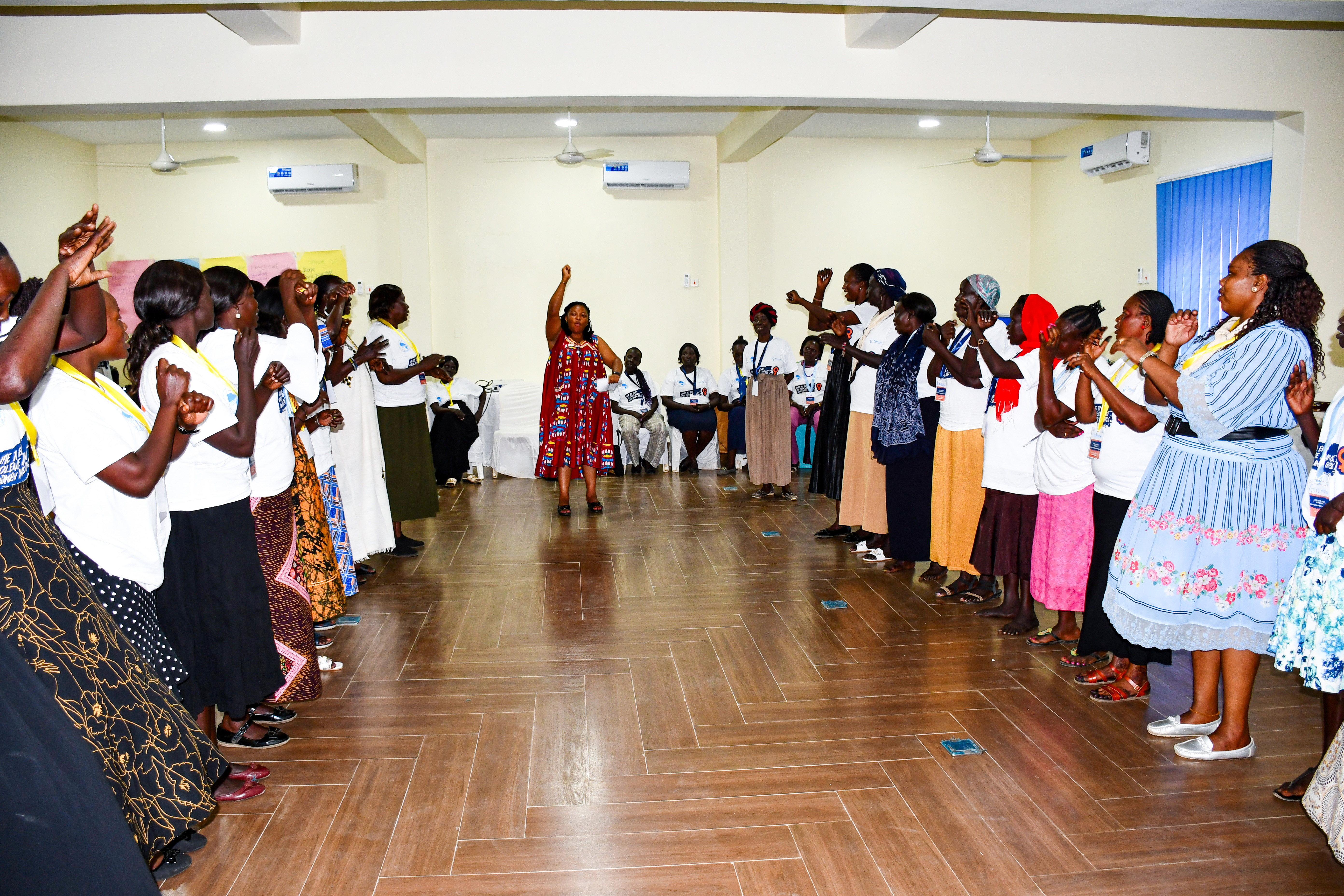
Selected women who participated in a radio talk show as part of the media campaign expressed their gratitude to PROCMURA for what they had learned and highlighted some issues raised in the workshop.
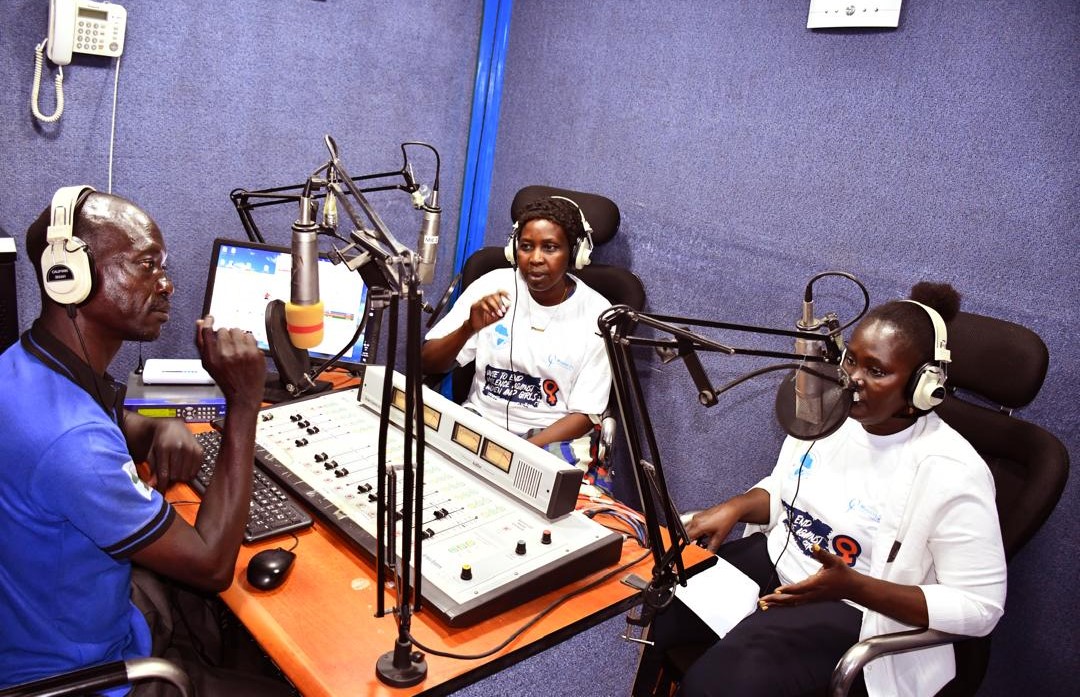
Apart from drawing contextualized and practical action plans to inform their next moves in challenging these widespread violations of women's rights, the workshop also had several outcomes, including enhanced awareness of issues around GBV and its various forms among communities in Juba and South Sudan at large through the media campaign, which sparked conversations around the subject, and empowerment of the women to tackle issues of GBV, voice their experiences, increase their confidence in seeking help, and challenge societal norms related to GBV.
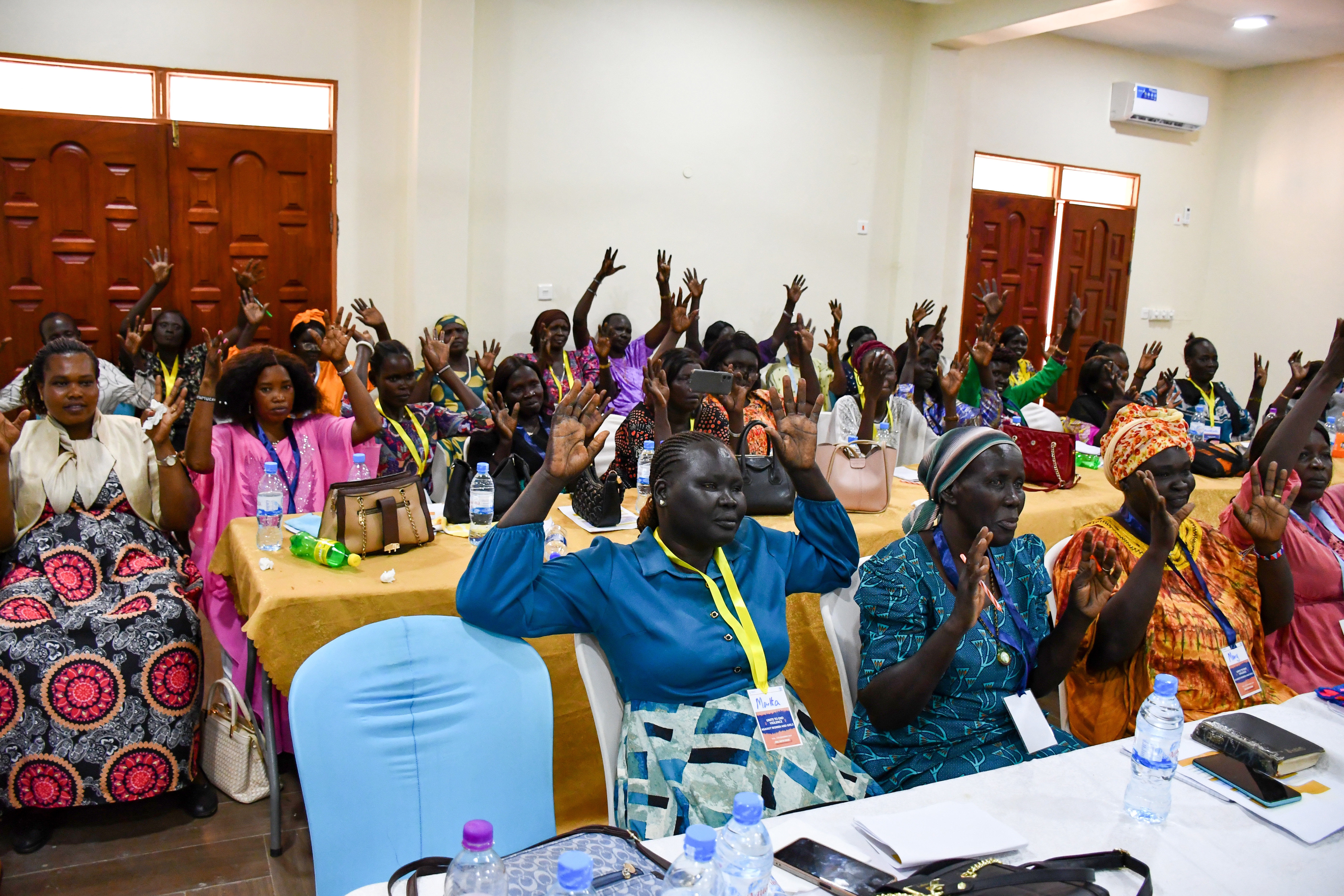
There is no doubt that the workshop and the extensive media campaign by PROCMURA is a significant step towards the right direction in ending violence against women and girls in South Sudan. The workshop, for instance, laid a firm foundation for ongoing advocacy and community engagement not only during the annual Days of Activism Against Gender-Based Violence but all-year round.

